Creating through the void, where beauty meets decay 🥀 https://linktr.ee/samsolazeIn the space between the ephemeral and the infinite, I find beauty. My art is a quiet meditation on what slips through our fingers and what remains eternal, shaped by the inevitability of decay.
Don't wanna be here? Send us removal request.
Text
#dark aesthetic#darkcore#dark entity#gothcore#grim reaper aesthetic#dark summer#ethereal aesthetic#ethereal#video#samsolaze#weaver of shadows#short video
0 notes
Text

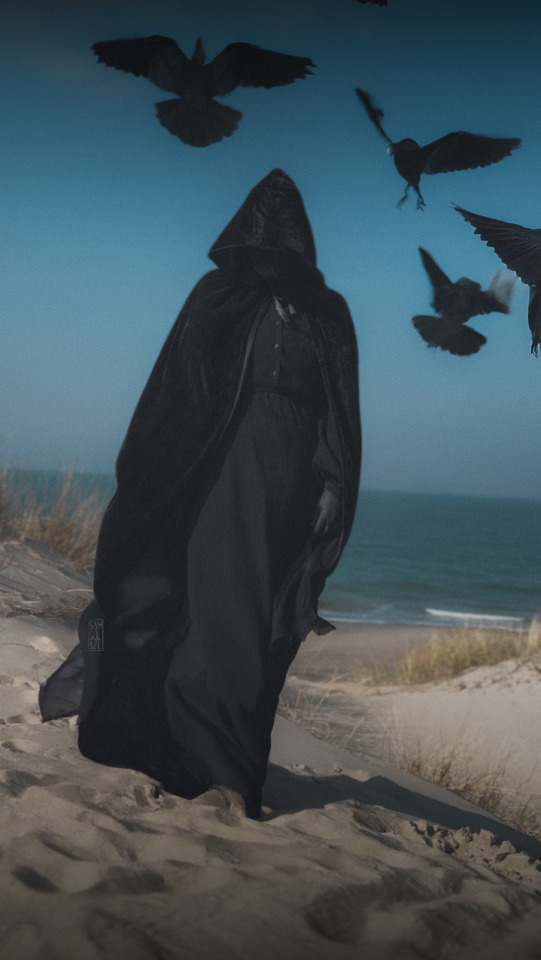
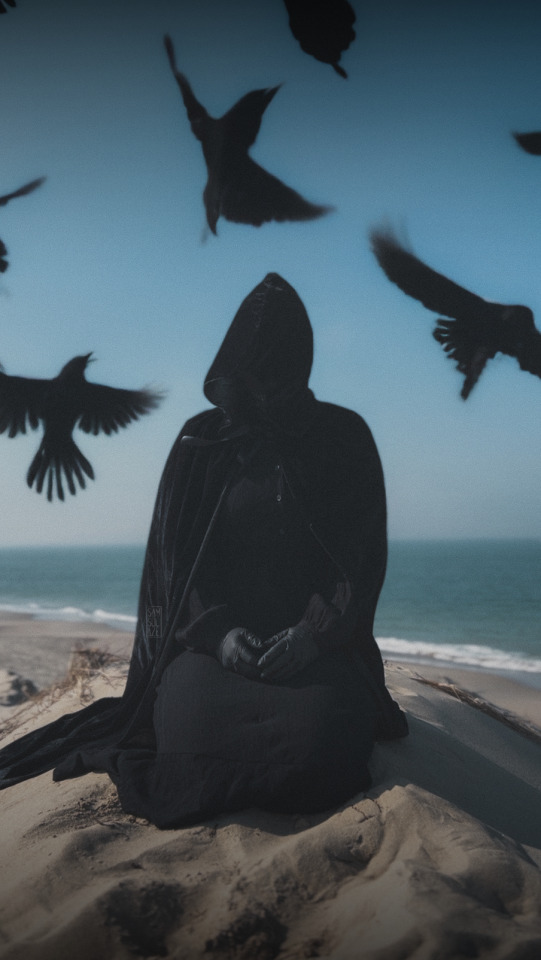

To the blackbirds in the sky,
the sand below,
and my heart within,
syncing with the ocean’s breath.
#dark aesthetic#darkcore#dark summer#grim reaper aesthetic#goth aesthetic#gothcore#hooded cloak#hooded entity#dark entity#weaver of shadows#samsolaze#crows#witchcore
15 notes
·
View notes
Text
#dark aesthetic#dark entity#ethereal aesthetic#dark summer#darkcore#grim reaper aesthetic#samsolaze#beltane#eldritch
3 notes
·
View notes
Text




The Cloak of Frost and Void ❄
#dark aesthetic#darkcore#gothcore#dark entity#snow#dark winter#samsolaze#solaze#the void#winter#ethereal#ethereal aesthetic#void walker#dark fantasy#dark academia
8 notes
·
View notes
Text

The Eternal Lover 🥀
#mobile wallpaper#digital drawing#digital art#digital painting#samsolaze#dark art#gothic art#skull art#iphone wallpaper#darkcore#dark aesthetic#macabre art#horror art#my art#skull#ethereal#eternal love
12 notes
·
View notes
Text
The Eternal Lover 🖤
Mobile wallpaper and gif will be here soon.
#digital drawing#digital art#digital painting#samsolaze#dark art#gothic art#art animation#animated portrait#skull art#skull#eternal love#ethereal#macabre art#horror art#my art#original art#oil painting style
2 notes
·
View notes
Text
#digital drawing#digital art#digital painting#samsolaze#dark aesthetic#dark art#skull art#gothic art#darkcore#macabre art#horror art#my art
2 notes
·
View notes
Text
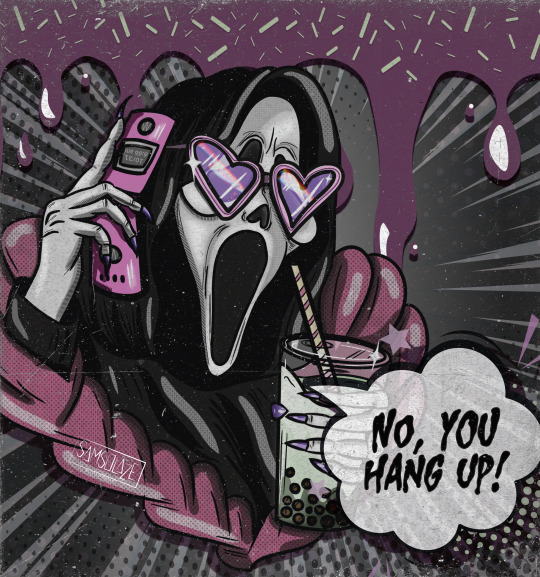
No, you hang up 🥰 You hang up 😡 !!!
#ghostface#scream#digital drawing#digital art#digital painting#scream fanart#samsolaze#ghostface fanart#pink ghostface
13 notes
·
View notes
Text
✨ Free Halloween Ghostface FanArt Postcard ✨


Have fun with it. Print it out, send it to family, friends, your community or place them around town 💖
Heavily inspired by a photo I saw on pinterest where I just cant seem to find the OG creator. Serious Note: These are for private use only. No commercial use allowed!! No distribution without tagging, mentioning or linking to my profile or whatever.
#halloween#halloween cards#halloween postcard#ghostface#ghostface fanart#ghostface postcard#scream#scream fanart#scream postcard#halloween card scream#samsolaze#postcard#vintage postcards#ghostface art#free#freebies#featured#downloads
5 notes
·
View notes
Text
Halloween Costumes [1/?] - Ghost COD
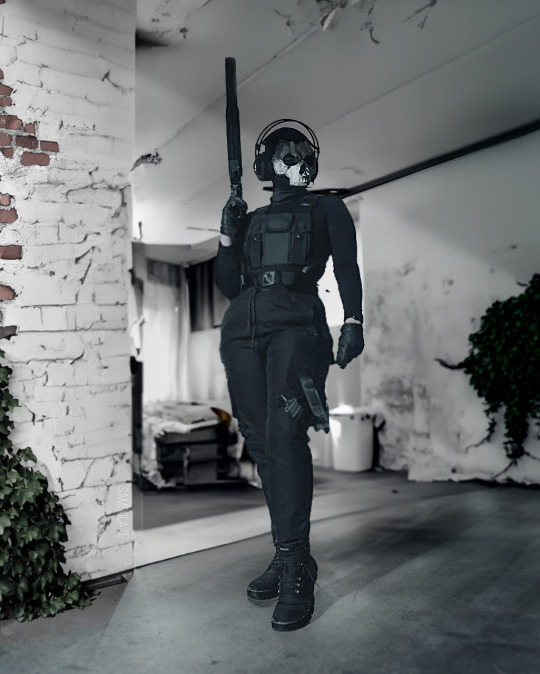
▼▼▼▼▼▼▼▼▼▼▼▼▼▼▼▼▼▼▼▼▼▼▼▼▼▼▼▼▼
So, I’ve been wanting to cosplay Ghost from Call of Duty for a while now, ever since 2021 hit. And last year I worked on 3 Halloween costumes at once (idk why guys) and Ghost was one of them. For all of my costumes and cosplay I like to use what I already have and get creative - and just buy as little as possible - and if I buy I like to focus on things I will keep wearing more often.
Here’s how I pulled it off:
The Mask:
I found this sick 3D-printed Ghost mask on Etsy (shoutout to the amazing small businesses out there that are not doing dropshipping shit). Just gave it a paint job and done.

The Gear:
For the rest of the look, I kept it simple and reused stuff I had lying around.
My gaming headset. Doubles as my gaming setup AND a prop.
The storm mask underneath
Cargo pants, tech belt, and black gloves to give that tactical vibe
My beloved Doc Martens 🖤
The chest bag was another everyday item I worked into the cosplay. Practical AND giving that tech wear look.


The Weapon Prop:
Let’s talk about the prop gun real quick. Not real! I repeat, NOT a real gun, just a cosplay prop for the pics. Gotta keep it safe and fun!!
Why I Love Reusing Everyday Items:
One of my favorite things about this cosplay is that I didn’t have to go out and spend a fortune on new pieces. I love repurposing things from my everyday life because:
It’s budget-friendly.
It’s sustainable! Reusing and repurposing items makes the whole process more eco-conscious.
It adds a personal touch. These are things I use or wear all the time, so they feel real to me—and I think that adds to the authenticity of the cosplay.
I’m super happy with how this turned out. It’s fun to see what you can create with a little DIY spirit and some stuff you already own.
#ghost call of duty#ghost cod#ghost cosplay#simon ghost riley#cosplay#my cosplay#samsolaze#halloween costumes#halloween cosplay#ghost cod cosplay#ghost mw2
22 notes
·
View notes
Text
But, I do indeed, want to set the world on fire.
(Just a quick animation)
#cooper howard#the ghoul#fallout#fallout prime fanart#fallout series#fallout prime#fallout 2024#digital drawing#digital art#digital painting#samsolaze#artworks
16 notes
·
View notes
Text

"Well, now that is a very small drop in a very, very large bucket of drugs." - Cooper Howard
Black ghoulish eyes under cut ⬇️

#cooper howard#fallout#fallout 2024#fallout series#fallout prime#walton goggins#fallout fanart#the ghoul#digital art#digital painting#samsolaze#fallout prime fanart#my art#artworks
75 notes
·
View notes
Text
Spring is in the air - time to stare into the sun ✨
#digital drawing#digital art#digital illustration#digital painting#samsolaze#art#illustration#dark art#portraits#animated#animated portrait#gothic art#goth girl#dark aesthetic#tiktok#artworks
2 notes
·
View notes
Text

Spring is in the air - time to stare into the sun ✨
#digital drawing#digital art#digital illustration#digital painting#samsolaze#art#illustration#dark art#portraits#oil painting#goth girl#gothic art#dark aesthetic#artworks
8 notes
·
View notes
Text
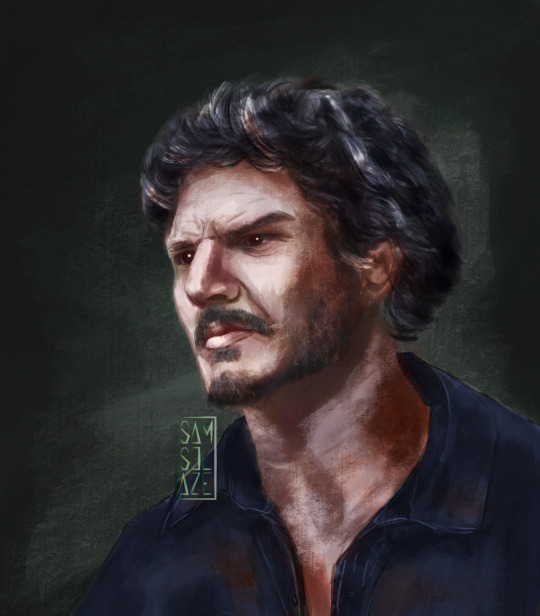

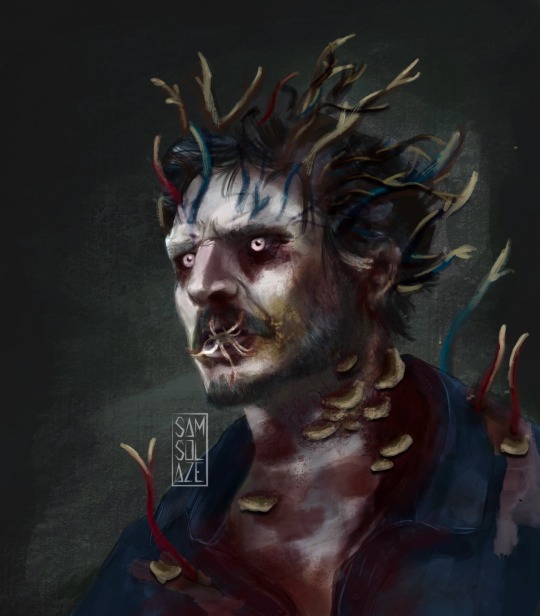

Joel Miller - all stages of infection
Spent about 25h or so painting and animating this whole project. But booooy am I in love with what I have created.
#the last of us fanart#the last of us#tlou fanart#tlou hbo#tlou#joel miller#pedro pascal#hbo max#tlou art#digital drawing#digital art#digital illustration#digital painting#art#samsolaze#illustration#dark art#artworks
38 notes
·
View notes
Text

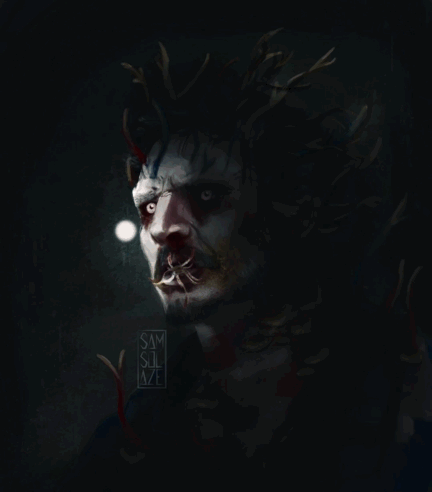
It's Called Luck, And It Is Gonna Run Out.
#the last of us#tlou hbo#joel miller#the last of us fanart#tlou fanart#digital drawing#digital animation#digital painting#samsolaze#illustration#dark art#tlou2#tlou gif
2 notes
·
View notes
